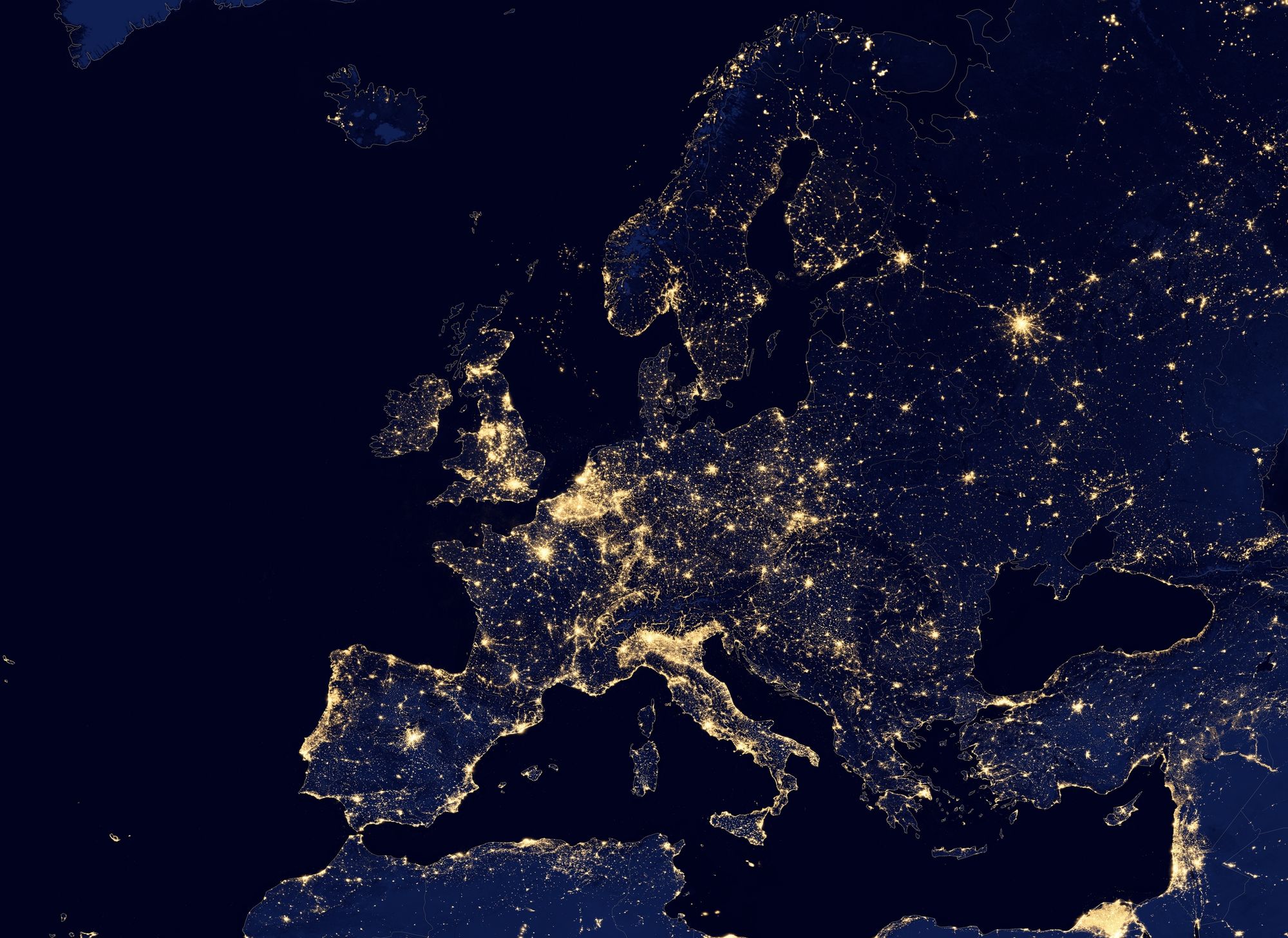With $3tn in value created, European tech is just getting started
Maturing ecosystems, increased global attention, and a growing ambition to build globally competitive companies puts Europe in prime position to rival Silicon Valley.

In tech investing your time horizon always matters, and the same applies to understanding the sector as a whole. Looking at European tech right now, those focused on the short-term will draw very different conclusions from others who are interested in the long run.
It’s not difficult to find bad news concerning the period post 2021, marked by layoffs, down rounds and a reduction in funding that will see less than half the amount of capital invested this year than at the market peak.
Yet that market correction cannot obscure the rapid progress that has been made by the tech ecosystem in Europe over the last decade. Its combined market value across private and public companies is now estimated at $3tn, the same as in 2021, but a threefold increase on where it stood as recently as 2018, and six times larger than it was in 2014. That reflects not just the growth of the European market but its greater competitiveness: since 2013, Europe has increased its share of global early-stage (sub $5m) rounds from 18% to 29%, significantly narrowing the gap with the US, which now accounts for 36%.
The data suggests that Europe is beginning to make good on the promise to rival Silicon Valley as a global tech hub. In search of what explains that growth, and where it might go next, we brought together investors and experts from across the globe at our recent Pulse AGM. They shared their thoughts on the advantages of a maturing ecosystem that can increasingly retain talent, attract institutional investment and build businesses that pursue audacious missions for the common good.
With maturity comes ambition
One clear conclusion from the recent history of European tech is that the market has gained momentum through maturity: successful exits helping to recycle both capital and talent back into the system to seed the next generation of companies. Of Europe’s tech founders, over a third (37%) are estimated to be serial entrepreneurs, while almost a fifth (19%) have senior operating experience at a well-funded startup.
This accumulated capital, knowledge and experience has put the market in a different place from where it was a decade or more ago. Founders building their second or third startup, with better access to funding, have started to raise their sights higher. ‘My perspective starts fifteen plus years ago,’ said Graham Pingree, partner at fund of funds Cendana Capital. ‘The biggest change I see from then to today is the culture of ambition that I feel exists in Europe today. People want to build big, global companies… Today it feels like the level of ambition is on a par with what we see in Silicon Valley and New York and other venture capital hubs.’

That ambition is being manifested not just in the scale of companies, but the size of problems they want to tackle. According to our panel, a focus on mission is becoming part of the European tech brand. ‘The technical talent is here, the vision for solving bigger world problems is maybe a little bit clearer here than it is in the US, and as you have technical talent that stays here, that facilitates more GPs being here, being plugged into those ecosystems and capitalising those founders,’ suggested Carson Monson, partner at UNTITLED.
Letting Europe be Europe
European tech has not just grown in recent years but started to establish a distinct identity. So often Europe has found itself compared to Silicon Valley, as if the only way to succeed is to imitate. Yet as the ecosystem matures, its particular characteristics and unique advantages are becoming more apparent.
Some of those differences are operational. Unlike US counterparts who can grow within the vast domestic market, European founders have to think internationally from the very beginning, dealing with the challenge of translating a proposition across borders at a much earlier stage. This not only develops important muscles for the business, but allows it to access markets that may be little considered by competitors elsewhere.
Founders may also be benefiting from a more incremental approach to expansion, a mentality that has sometimes been questioned but is now being seen in a new light. ‘Historically Europe has been a bit more conservative, more focused on unit economics and efficient growth, and in the current market that’s something in stronger demand,’ suggested Giulia van Waeyenberge, member of the executive committee responsible for Private Funds at Sofina.
The European edge is also cultural. At a time when there is more focus than ever on quality of life at work, the historical legacy that has often been held against Europe as a tech hub may in fact be an advantage. The cultural attractions of Europe are ‘very difficult for American cities to compete with,’ said Soleio, software designer turned investor who was central to the early-stage teams at Facebook, Dropbox and Figma. ‘That creates a window of opportunity for existing environments to be able to attract talent by virtue of quality of living alone.’

Elements of the European experience that were once regarded as limitations are increasingly being seen as opportunities. No longer is the assumption that big talent and big ideas will gravitate to the US as a matter of course, or that Silicon Valley is the only place to build tech companies with global ambitions. As we enter a new era of disruptive technology, Europe is better placed than ever to lead the way.
Better still, we may only be at the beginning of this story. Even after all the growth of recent years, much of Europe’s potential as a tech hub may still be untapped. ‘Europe is still a little bit overlooked for many investors… I still think there’s plenty of room for some really, really good funds here,’ said Thomas Kristensen, partner at LGT Capital Partners.
The last decade has been a remarkable story of Europe’s arrival as a recognised home for tech startups. Now, with all the benefits of a maturing ecosystem, rising global attention and technological tailwinds, the progress in the next decade could be even more profound. While so much has already been achieved, for European tech the best is yet to come.

